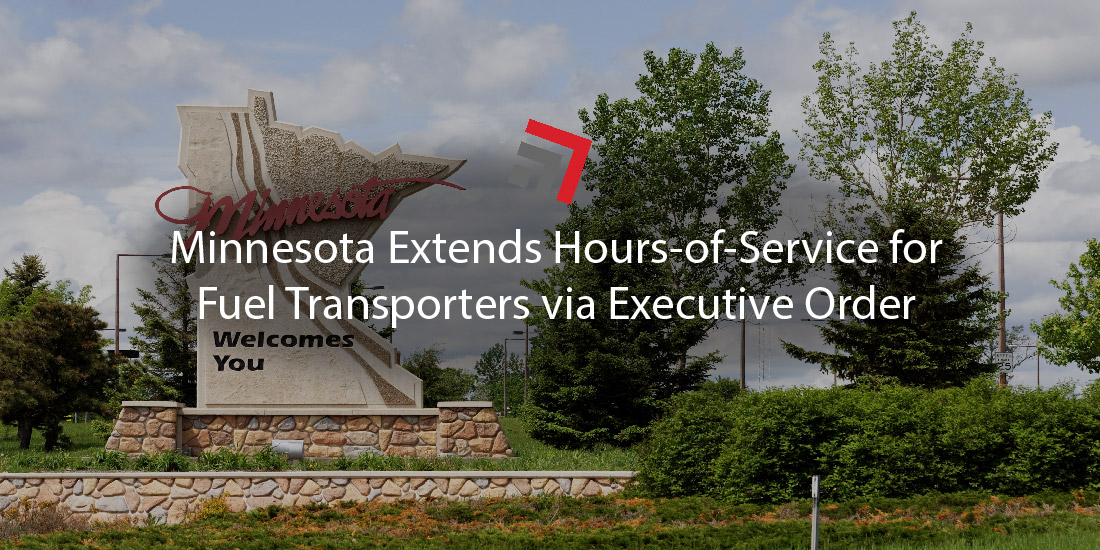Minnesota is exercising its state powers to curb lower fuel inventories and satisfy demand increases expected to come with harvest season.
The land of 10,000 lakes is extending for another month an order that permits more driving hours to transport fuel. Minnesota’s Governor Tim Walz cites concerns with fuel terminals all across the state reporting shortages, or even outages, of product. For terminals with available supply, increased demand has bombarded them and has led to drivers braving long wait times to take on loads.
Under the notion that reliable access to diesel, gas, and other fuels will be critical in the coming weeks and months, Walz’s executive order extends hours-of-service (HOS) requirements for motor carriers and drivers transporting fuels in Minnesota through September 11.
“Strict enforcement of certain hours-of-service regulations would prevent or hinder the efficient transportation of these essential supplies. Continued relief is necessary to allow for the movement of these commodities [fuels], as carriers and drivers continue to provide time-sensitive assistance.”
Executive Order 22-18
The language in the order also makes it clear that tired or sick drivers are not allowed or required to carry on with operating commercial motor vehicles (CMVs). Should a driver check one of these marks, they must inform their carrier, or employer, and will be granted at least ten consecutive hours off duty before hitting the road again.
As mentioned above, the upcoming harvest season places a newfound reason to extend this order, in which initially came to light earlier this summer when passenger travel is more frequent.
Instead of summer road-trippers, farmers will now be heavily relying on gasoline, diesel, and other fuels to complete their work. Walz notes fuel prices have trended downward recently, but increasing demand remains a hurdle for fuel suppliers and transporters to meet consumer needs.
And if that was not a challenge already, the state’s fuel bottlenecks have also been enflamed by closures of key refineries in Superior, WI (adjacent to Duluth, MN) and St. Paul Park, MN (south of St. Paul, MN).
The closure of the St. Paul Park refinery was temporary. Laborers at the refinery went on strike for the first half of last year, with it ultimately ending on July 1, 2021. Walz notes this later in his statements.
Final Thoughts
Lastly, shortages of qualified truck drivers are another contributor to this issue. However, that should be no surprise. As a whole, the nationwide drought of commercial truckers transcends Minnesota’s own challenges. Any state would love an additional boost of qualified and ready-to-go drivers to participate their state commerce.
Contact one of our team members if you have any questions regarding this topic or any others in domestic logistics.
This is an everchanging industry. Stay up to date each week on rail and trucking developments through our Commerce Express Road Map Newsletter.



Recent Comments